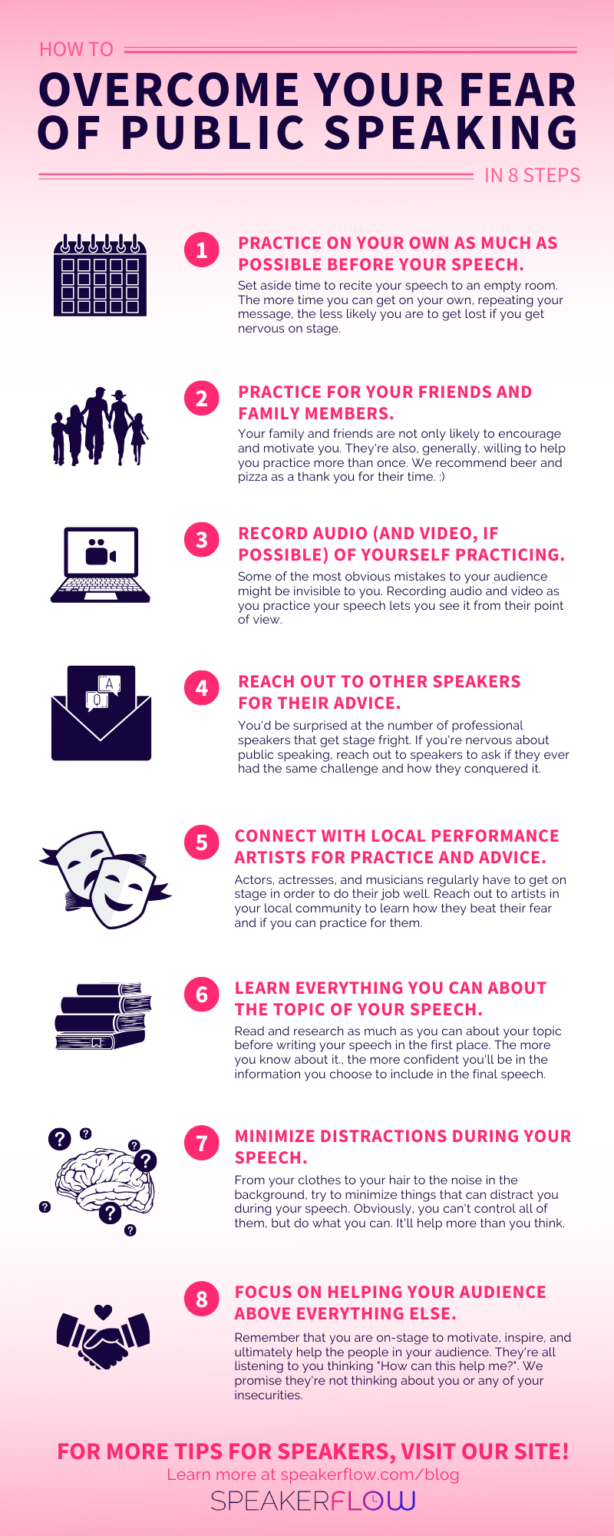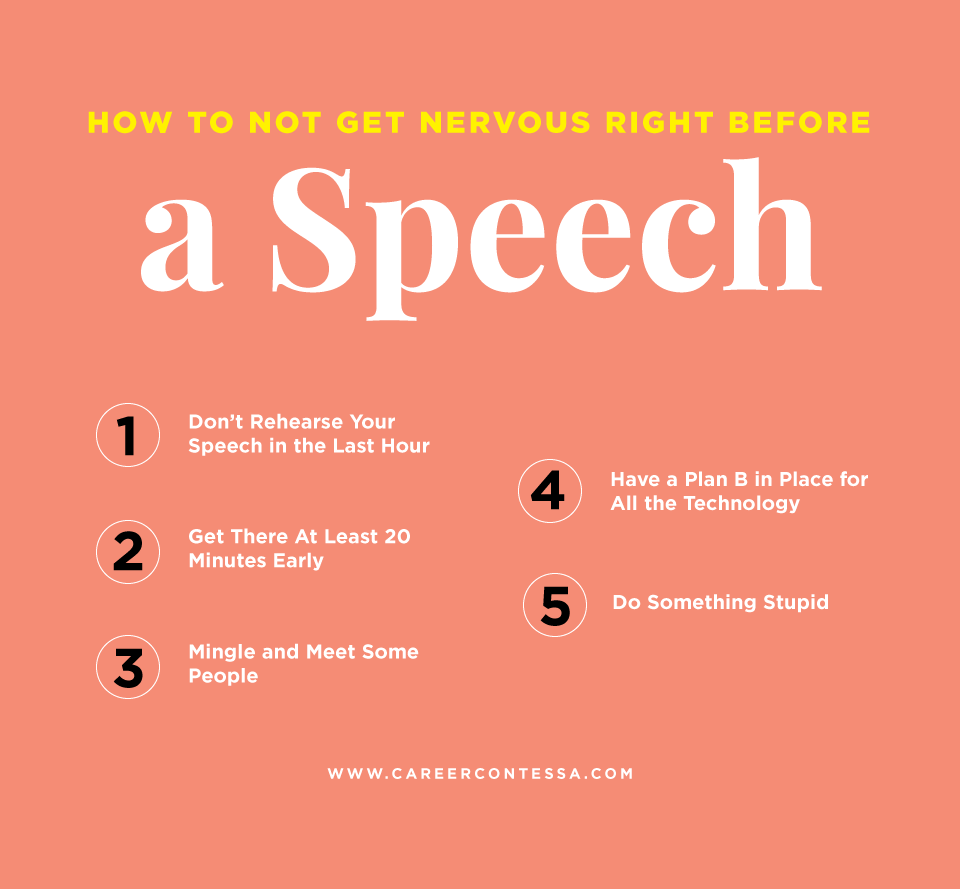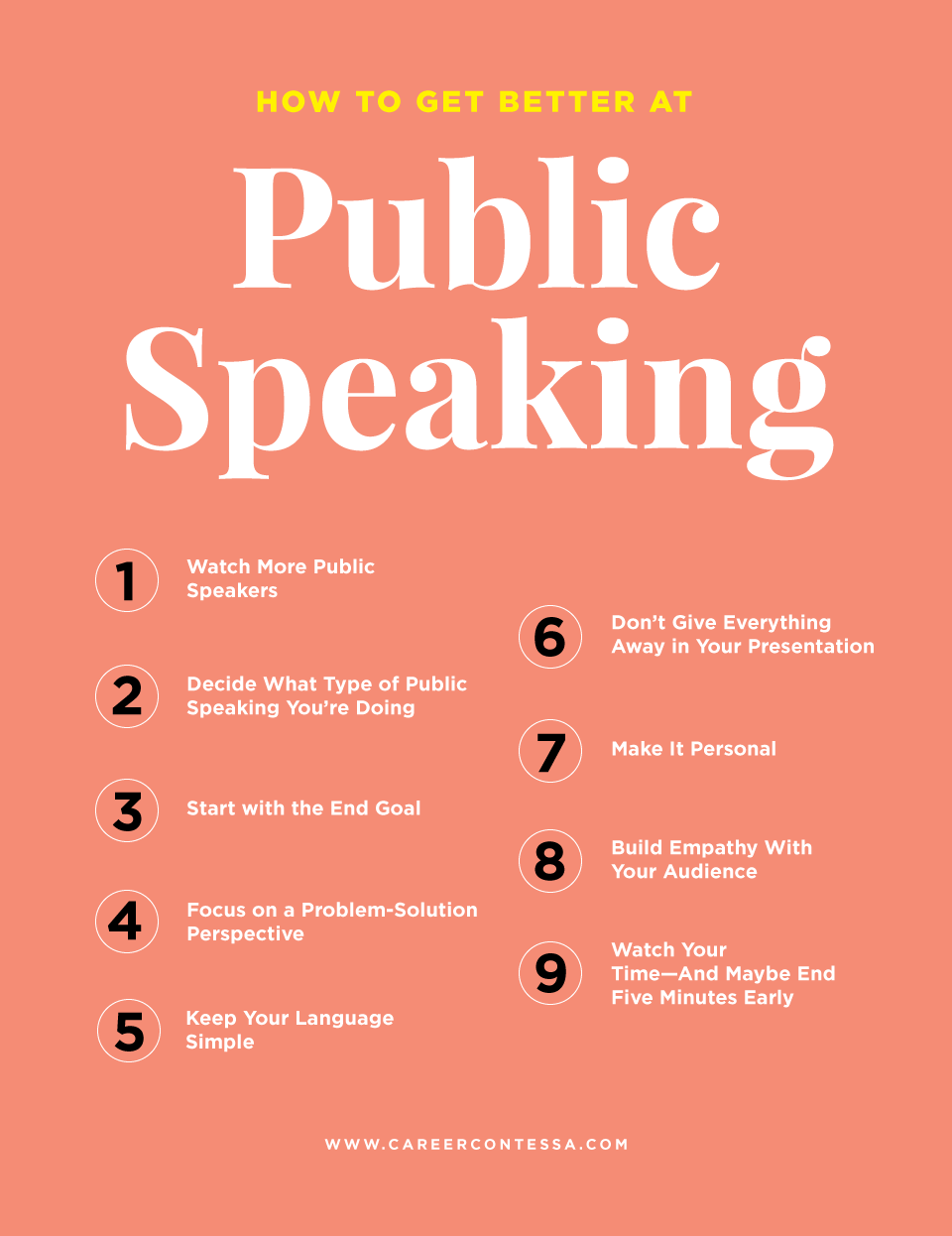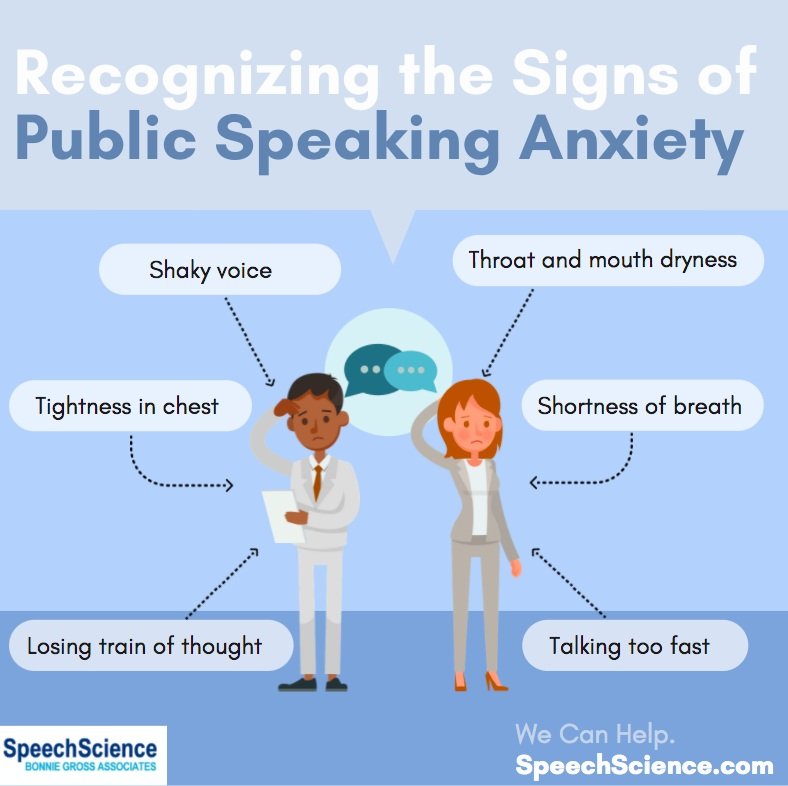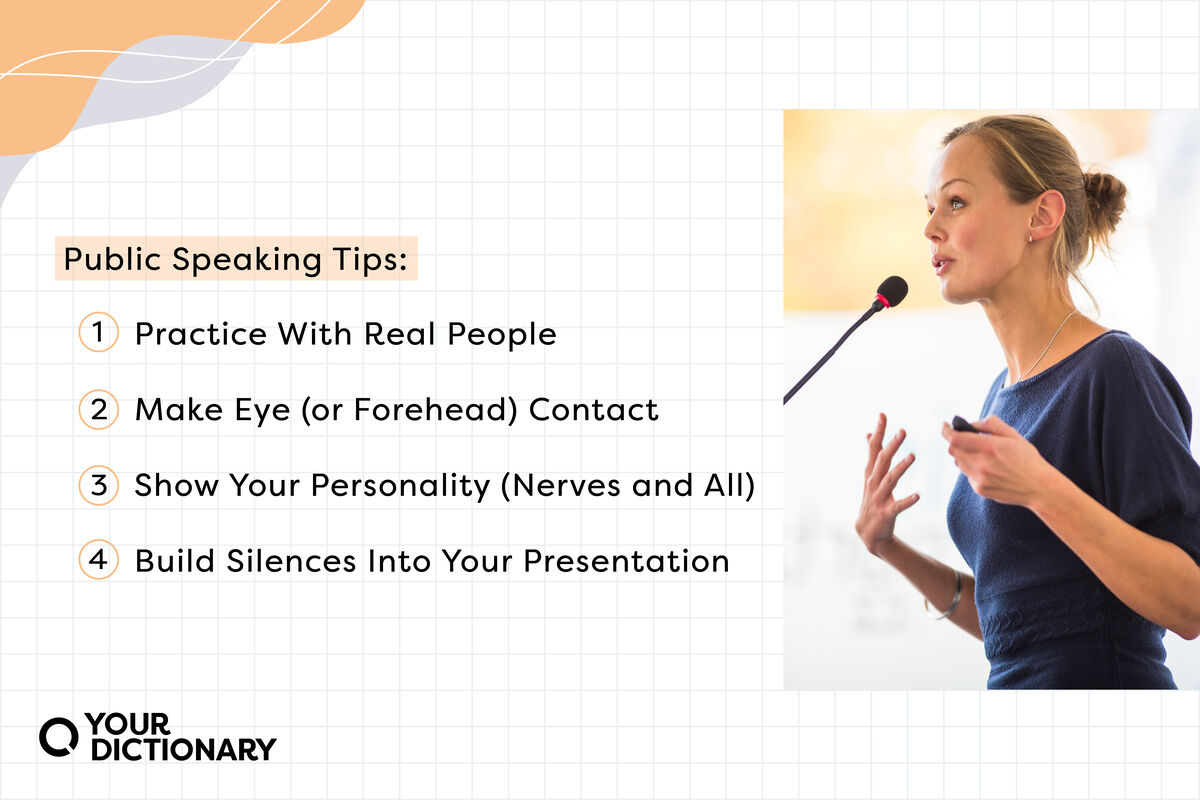How To Not Be Nervous Public Speaking

Imagine standing on a brightly lit stage, a sea of expectant faces blurring before you. Your heart pounds in your chest, your palms are slick with sweat, and your mind races. This scenario, a common nightmare for many, is the reality of public speaking. But what if you could transform that terror into triumph?
This article offers practical strategies for overcoming public speaking anxiety, helping you transform nervousness into confident communication. By understanding the roots of your fear and implementing proven techniques, you can captivate your audience and deliver impactful presentations.
Understanding the Fear
Public speaking anxiety, or glossophobia, is incredibly common. According to the National Institute of Mental Health (NIMH), it affects a significant portion of the population. This fear often stems from a combination of factors.
These can include fear of judgment, lack of preparation, and past negative experiences.
Recognizing these underlying causes is the first step towards conquering your anxiety.
The Power of Preparation
One of the most effective ways to combat nervousness is thorough preparation. This means more than just knowing your topic; it involves crafting a compelling narrative.
Start by outlining your key points and supporting evidence. Structure your speech logically, ensuring a clear beginning, middle, and end.
Rehearse your presentation multiple times, ideally in front of a mirror or a small group of friends.
Practice not only helps you memorize the material but also allows you to refine your delivery and identify areas for improvement.
Consider recording yourself to analyze your body language and vocal tone. The more comfortable you are with the material, the less anxious you'll feel on stage.
Reframing Your Mindset
Our thoughts can significantly impact our emotions. Instead of dwelling on potential pitfalls, focus on the positive aspects of your presentation.
Remind yourself of your expertise and the value you bring to the audience. Visualize yourself succeeding and delivering a confident, engaging speech.
Challenge negative thoughts by asking yourself if they are realistic. For example, instead of thinking "I'm going to fail," reframe it to "I'm well-prepared, and I'm going to do my best."
Breathing and Relaxation Techniques
Deep breathing exercises can help calm your nerves and reduce physical symptoms of anxiety. Before you speak, take a few slow, deep breaths, inhaling deeply through your nose and exhaling slowly through your mouth.
This technique activates your parasympathetic nervous system, which promotes relaxation.
Consider practicing mindfulness or meditation regularly to improve your overall stress management skills. These practices can enhance your ability to stay calm and focused under pressure.
Engaging with Your Audience
Connecting with your audience can shift your focus from your own anxiety to the message you're delivering. Make eye contact with individuals in the audience, smile genuinely, and speak with enthusiasm.
Use storytelling, humor, and relatable examples to engage your listeners. Remember that your audience wants you to succeed.
They are there to learn from you, not to judge you.
Embrace Imperfection
No one is perfect, and even the most seasoned speakers make mistakes. Don't strive for perfection; aim for authenticity. If you stumble over a word or lose your train of thought, don't panic.
Take a deep breath, collect yourself, and move on. Often, the audience won't even notice minor errors.
Acknowledging and moving past a mistake can actually make you more relatable and human.
According to Dr. Carol Dweck's research on mindset, viewing challenges as opportunities for growth can significantly reduce anxiety. Embrace public speaking as a chance to learn and improve your skills.
Learning to manage public speaking anxiety is a journey, not a destination. Be patient with yourself, celebrate your progress, and keep practicing. With dedication and the right techniques, you can transform your fear into a powerful asset. Remember the power of your voice and the importance of your message. Your audience is waiting to hear what you have to say. Embrace the opportunity.
